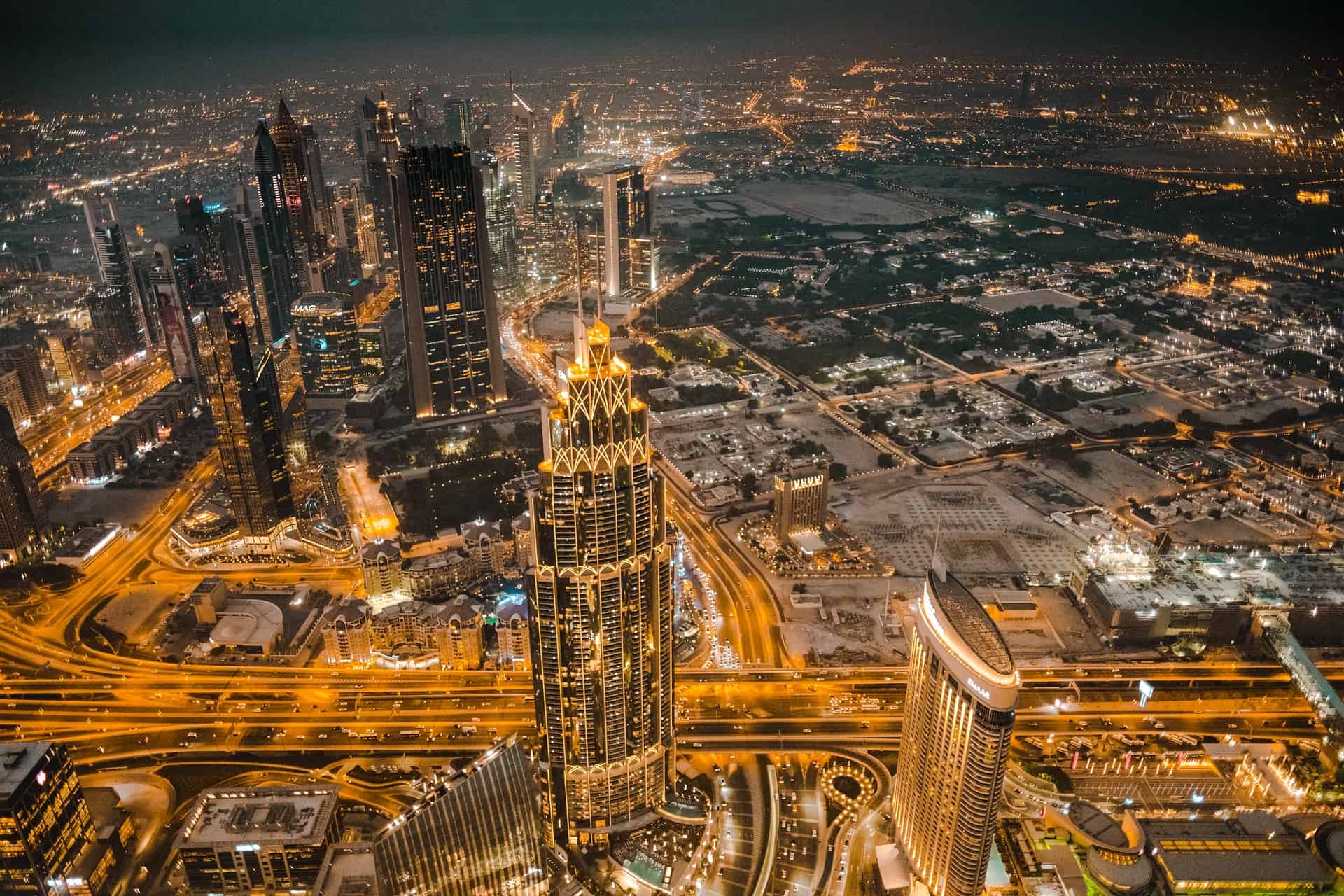Food delivery drivers in the UAE went on strike Tuesday to demand better pay, the second such incident this month in a country where industrial action is uncommon.
Many workers for Talabat, part of Germany’s Delivery Hero, did not show up for their shifts, calling for a pay increase amid the global rise in fuel prices.
Talabat drivers earn an average of 3,500 dirhams ($935) per month, a company spokesman told AFP.
He said that up until last week, rider pay satisfaction was “well above” 70 percent.
“Yet, we understand economic and political realities are changing constantly, and we will always continue to listen to what riders have to say,” he added.
The company, however, did not say whether it will meet their demands.
The latest protest comes after drivers for Deliveroo, another popular food delivery app, went on strike earlier this month after company plans to cut their pay.
Deliveroo was quick to react, saying it was putting any changes on hold.
“Our initial intention with the announcement was to propose a more well-rounded earnings structure for agencies to engage with riders in addition to other incentives,” it said in a statement.
“It is clear that some of our original intentions have not been clear and we are listening to riders.
“We have therefore currently paused all changes and will be working with our agency riders to ensure we have a structure that works for everyone.”
The oil-rich United Arab Emirates is reliant on labor of millions of foreigners, mostly from India, Pakistan, Nepal, Sri Lanka and African countries.
Foreigners account for 90 percent of the 10-million population of the UAE, the Arab world’s second-largest economy after neighbouring Saudi Arabia.

